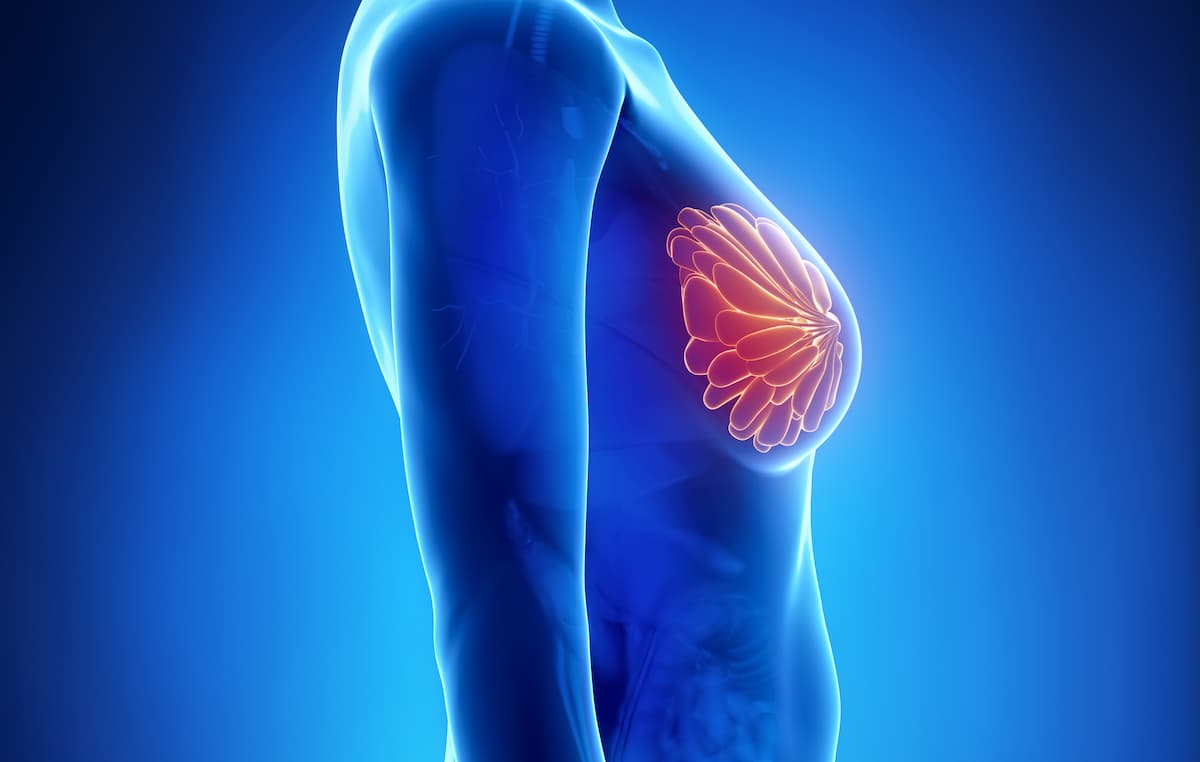
HER2-Positive Breast Cancer
Latest News
Video Series

Latest Videos
Podcasts
CME Content
More News
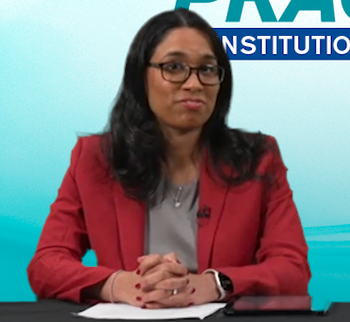
Rani Bansal, MD, discusses the case of a 54-year-old post-menopausal patient who develops liver and brain metastases after undergoing prior therapy with trastuzumab/pertuzumab and T-DM1.

Heather Moore, CPP, PharmD examines the role of topical diclofenac gel in the management of hand and foot syndrome associated with capecitabine, highlighting key insights from the D-TORCH trial.

Heather Moore, CPP, PharmD, shares expert insights on the effective management of adverse effects related to tucatinib and other HER2 tyrosine kinase inhibitors (TKIs).

Carey Anders, MD, offers insights into the BRIDGET trial, a study investigating the role of tucatinib in the prevention of secondary brain metastases in patients with advanced HER2-positive breast cancer.

Carey Anders, MD, examines strategies for treating stable and active brain metastases in individuals with advanced HER2-positive breast cancer, highlighting key data from the HER2CLIMB trial.

Carey Anders, MD, discusses the scenario of a 34-year-old patient diagnosed with HER2-positive breast cancer, who develops brain metastases after undergoing initial therapy with dual HER2 blockade.

Heather Moore, CPP, PharmD, presents a comprehensive summary of targeted therapies for HER2-positive breast cancer and provides expert insights into the management of adverse effects associated with these treatments.

Susan Dent, MD, delves into treatment approaches for triple-positive breast cancer in the second-line and beyond, highlighting findings from the DESTINY-Breast03 trial.

Carey Anders, MD, and Susan Dent, MD, discuss the role of radiotherapy in patients with HER2-positive breast cancer and brain metastases.

A Satellite Session, involving members from US Oncology, focused on treatment options for patients with HER2-positive metastatic breast cancer.

Central nervous system progression-free survival appears to be longer with trastuzumab deruxtecan than with comparator treatment in those with HER2-positive metastatic breast cancer and brain metastases.

Combining tucatinib with ado-trastuzumab emtansine does not appear to result in any new safety signals in the treatment of those with locally advanced or metastatic HER2-positive breast cancer.

Findings from the phase 3 DESTINY-Breast04 trial supported the approval of fam-trastuzumab deruxtecan-nxki for HER2-low breast cancer in China.

Hospitalization rates appear to be comparable between patients receiving trastuzumab deruxtecan and trastuzumab emtansine for HER2-positive breast cancer in the phase 3 DESTINY-Breast03 study.

Investigators identify several potential first time risk factors of long-term outcomes in patients with HER2-positive breast cancer with or without a pathologic complete response.
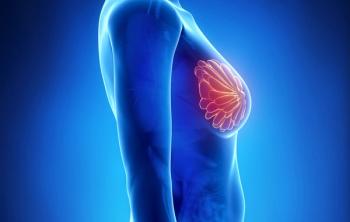
The FDA requests additional information requiring time and resources extending beyond the current evaluation period for vic-trastuzumab duocarmazine in advanced HER2-positive breast cancer.

Supporting data for the biologics license application for trastuzumab biosimilar HLX02 in HER2-overexpressing cancers come from comparative analytical studies and a global phase 3 trial.

Investigators plan to submit a communication application to seek marketing approval in China for ARX788 as therapy for HER2-positive advanced or metastatic breast cancer.
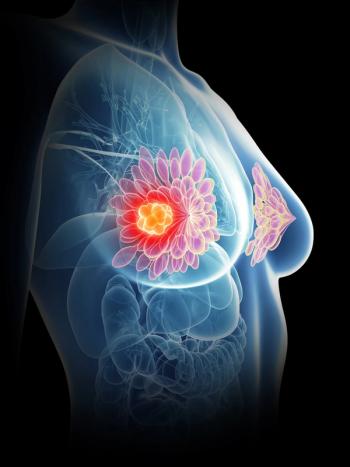
Adult patients with previously treated unresectable or metastatic HER2-positive breast cancer in China can now receive treatment with trastuzumab deruxtecan.

Based on several patient cases, expert oncologists review the evolving treatment landscape of HER2+ breast cancer with a focus on brain metastases.

Breast cancer experts discuss the latest research into the treatment of HER2+ metastatic breast cancer with brain metastases and how new data may affect decision-making in 3 patient cases.
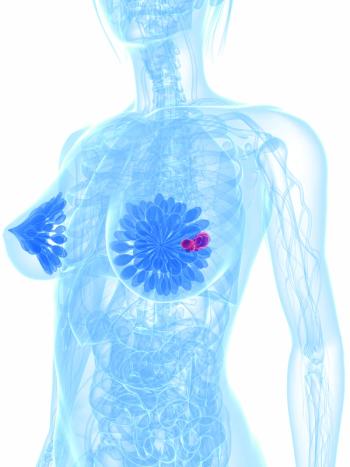
Patients with HER2-positive breast cancer and triple-negative breast cancer may not require breast surgery if a pathological complete response can be identified using image-guided vacuum core biopsy following neoadjuvant systemic therapy.

Virginia Kaklamani, MD, presents the case of a 60-year-old patient with stage III HER2+ mBC with brain metastases.

Fam-trastuzumab deruxtecan-nxki has been recommended for approval by the European Union’s Committee for Medicinal Products for Human Use in patients with HER2-low advanced breast cancer.

Heather McArthur, MD, describes what treatment options she would consider in the third-line setting for HER2+ mBC.



